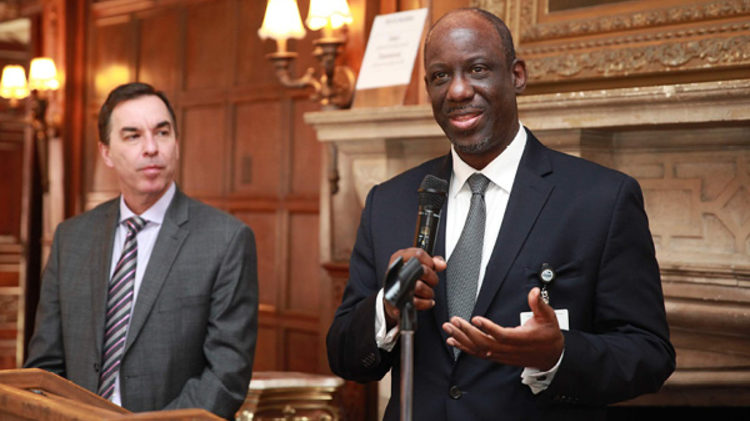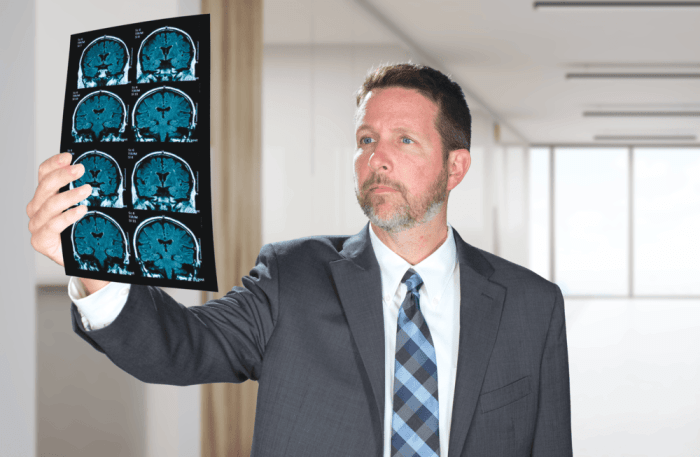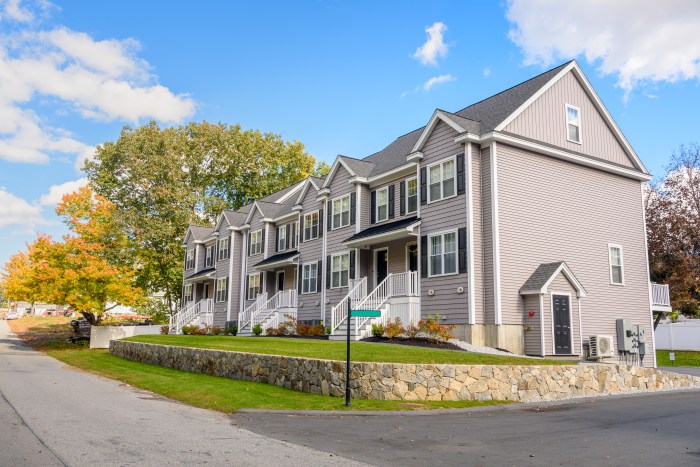In the midst of the global COVID-19 pandemic, New York Tech is continuing to focus on innovation in health and wellness. Beyond its well-deserved reputation for offering career-focused, tech-infused undergraduate, graduate, and doctoral degree programs, New York Institute of Technology also provides quality medical care to local communities at health care centers at its Old Westbury campus and in Central Islip, often at low or no cost.
“It’s one of Long Island’s best-kept secrets in medical care,” said Brian Harper M.D., M.P.H., New York Tech’s chief medical officer and the former Suffolk County Health Commissioner.
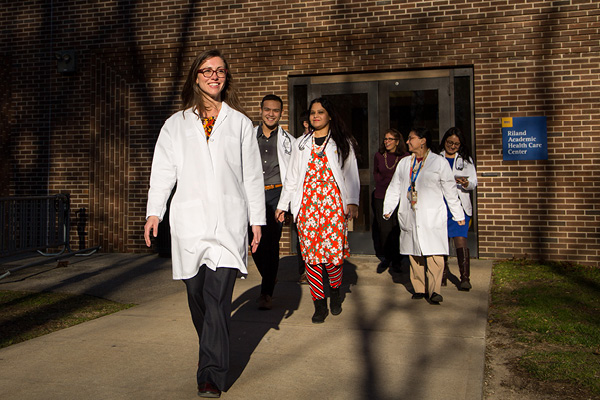
Delivering Health Care and Expertise Where it is Needed
As part of his role in overseeing the health care centers and addressing university-wide policies regarding communicable diseases, Harper’s role has been crucial to understanding the far-reaching impacts of COVID-19. In addition to contributing his expertise to organizations that aid legislators statewide and to local media outlets, Harper and his team have been guiding the university’s pandemic response and serving the community at large, particularly marginalized and working-class populations that have been hit the hardest by the recent health crisis.
Central Islip, considered an “underserved medical community,” is one area where New York Tech has focused its efforts. The university runs a free clinic in Central Islip that provides much-needed medical services to uninsured patients, an initiative started by New York Institute of Technology physician Sonia Rivera-Martinez, D.O., and supported by Jerry Balentine, D.O., vice president for health sciences and medical affairs and dean of New York Institute of Technology College of Osteopathic Medicine (NYITCOM). In both the Central Islip and Old Westbury health care centers, NYITCOM students gain valuable opportunities to shadow experienced physicians, while patients benefit from “lower overall patient volume, meaning we can spend more time with each individual patient,” explains Harper, who also serves as an associate professor at NYITCOM.
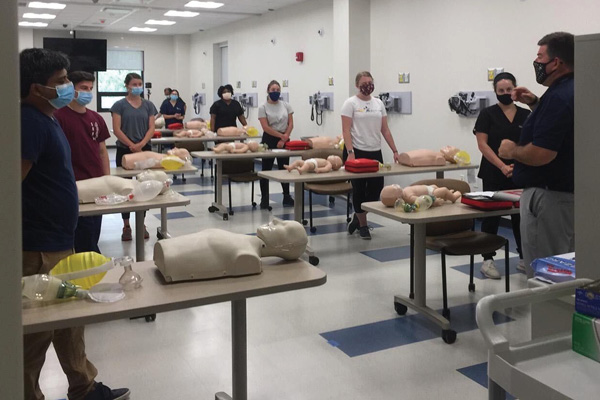
Preparing Future-Focused Physicians
NYITCOM, which also has a site in Jonesboro, Arkansas, is the only osteopathic medical school on Long Island and one of the largest medical schools nationwide. Future osteopathic physicians (D.O.s) learn the research-backed science of osteopathic manipulative medicine for the diagnosis, treatment, and prevention of illness or injuries. They also work alongside NYITCOM’s renowned faculty and staff to perform innovative research on heart disease, Parkinson’s disease, Lyme disease, and more.
In addition to graduating approximately 400 physicians a year from its two medical school locations, New York Tech also offers a variety of highly selective health and wellness degree programs in its School of Health Professions, preparing students to become clinical nutritionists, physical therapists, physician assistants, and nurses, among other health-related careers in exercise science, health and wellness and health sciences.
Always ahead of the curve, New York Tech was already developing a robust audio-visual telehealth program prior to the COVID-19 pandemic, believing it to be the future of medical care. Today, increased telehealth adoption rates have allowed the health care centers to maintain pre-pandemic visitor volume. A telehealth learning program has even been established to continue NYITCOM’s proud tradition of shadowing. With patients’ permission, medical students can listen in on telehealth sessions and gain valuable skills in virtual health care.
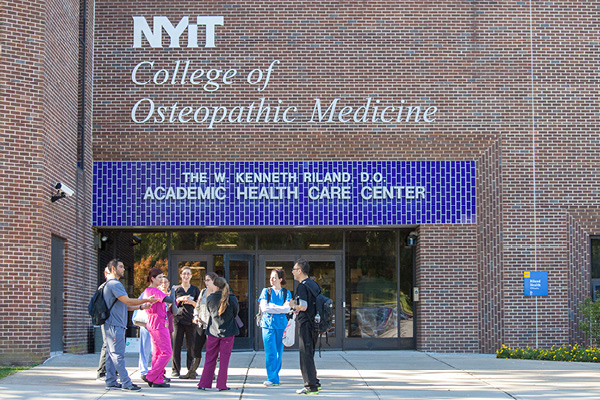
Prioritizing Prevention in the Wake of a Pandemic
Harper’s experience in several public-facing roles in both Suffolk and Nassau County Departments of Health has prepared him for his current role, he said, emphasizing the understanding of public health and preventive medicine that he now applies at New York Tech and shares with current students.
Under Harper’s leadership, New York Tech is leaving no stone unturned in preparing for a return to campus. In addition to enforcing mask-wearing, social distancing, and personal hygiene, Harper is also developing contact tracing protocols, negotiating social distancing rules with off-campus housing units, and increasing testing capacity for New York Tech’s students, faculty, and staff, as well as local community members.
“Not only do these preventive measures protect against coronavirus, they also protect against other viruses like the flu,” he said. This attitude reflects the institution’s steadfast commitment to the safety and wellbeing of all community members, whether a pandemic is going on or not.
Find out more about the Kenneth Riland Academic Health Care Center in Old Westbury and the NYITCOM Family Health Care Center in Central Islip, which houses the Central Islip Community Free Clinic.




